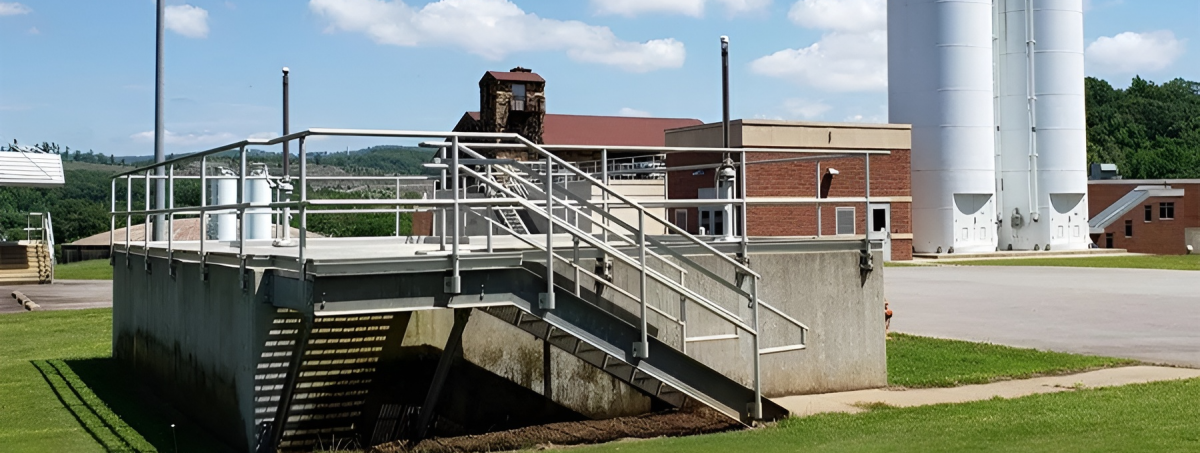Arkansas has greenlit nearly $154 million for 59 water and wastewater infrastructure projects statewide, targeting treatment-plant upgrades, sewer rehabilitation, distribution improvements, and regionalisation initiatives.
Funding sources include $81.38 million from the Clean Water State Revolving Fund, $54.63 million from the Drinking Water State Revolving Fund, $1.12 million in disadvantaged-community grants, and $16.84 million from state water infrastructure funds.
Governor Sarah Huckabee Sanders emphasised that expanding communities require resilient infrastructure to ensure clean drinking water and reliable wastewater systems. Projects in northwest Arkansas are prioritised in fast-growing Benton and Washington counties, with Bentonville, Garfield, Gravette, Lincoln, and the Washington Water Authority receiving financing for distribution, treatment, and septic-system improvements reaching more than 94,000 residents.
Central Arkansas allocations include over $11.5 million for Saline County wastewater treatment upgrades and water-system expansion, and more than $4 million for facility and pump-station enhancements in Pulaski County. Clarksville secured the largest single award of $36.3 million for its pollution-control facility, while Mayflower received $11.54 million for regionalisation with Conway Corporation. Smaller communities also benefited from grants supporting meter replacements, generator installations, and line extensions.
The funding leverages supplemental federal grants through the 2021 Infrastructure Investment and Jobs Act (IIJA), which requires states to direct at least 49 percent of allocations as principal forgiveness or grants. The IIJA window narrows after 2026, adding urgency to project implementation.
Officials stress that these investments are critical to meet long-term water and wastewater needs, enhance system resilience, and support growth across Arkansas’ urban and rural communities.
Read the full article to see which Arkansas communities are set to benefit from these major water infrastructure projects.












.png)

